Are you looking for the coolest souvenirs from Germany for family and friends? Germany has a rich culture steeped in tradition and history, making it one of Europe’s most exciting destinations – and also one of the most difficult to leave behind.
But it turns out, you don’t have to leave it all behind. From intricate hand-crafted toys to tasty treats and unique festive ornaments, Germany’s shelves are stacked with some of the best souvenirs you can find.
The people, language, and traditions are what make the German culture unique. But what most people don’t realise is that each region of the country has its own customs and identities. So, no matter where you’re travelling to, you’ll be able to snap up some German souvenirs that reflect the region’s own traditions. Here’s a list of our favourite souvenirs from Germany you will love and want to buy.
Table of Contents
- Souvenirs from Germany
- Christmas ornaments
- Sauerkraut juice
- Feuerzangenbowle Set
- Dirndl and/or Lederhosen
- Ampelmännchen
- Beer steins
- Chocolate
- German Gummy Bears
- Cuckoo Clocks
- German kitchen tools and utensils
- Wooden Toys for Children
- Seasonal Tablecloths
- Egg liqueur
- German Tea
- German wine from Saxony
- German herbs and spices
- Birkenstock
- Conclusion
Souvenirs from Germany
Our favourite German souvenirs are the unusual things you can only find in the country. It’s not about magnets, usual postcards or mugs you can find everywhere in the world. We’re talking about traditional items which will make your family and friends super excited.
There are so many interesting things to buy in Germany and as a little hint, we think the kitchen utensils are the absolute best in the world. The juicer I bought for my mother? Still functioning after so many years. In need of souvenirs from Germany for your granny? Look for a beautiful Christmas ornament which she will cherish for years to come, or get grandad an authentic Cuckoo clock. So many of the gifts we purchased from Germany are still in perfect condition, which shows great quality and craftmanship.
Christmas ornaments
No one does Christmas quite like Germany. And that’s because many of the Christmas customs we celebrate today – including advent calendars, Christmas trees and Christmas markets – owe their history to German roots. Instead of shopping for mass-produced memorabilia, head to the world-famous Kathe Wohlfahrt’s Christmas village, which offers just about every type of Christmas ornament and tree decoration imaginable. Tourists flock to the two biggest stores, just below Rothenburg’s Market Square, to fill their baskets with unique wooden ornaments and glass baubles, but you’ll also find hand-carved nutcrackers, nativity scenes, music boxes, table decorations, candle holders and other Christmas related decorations.
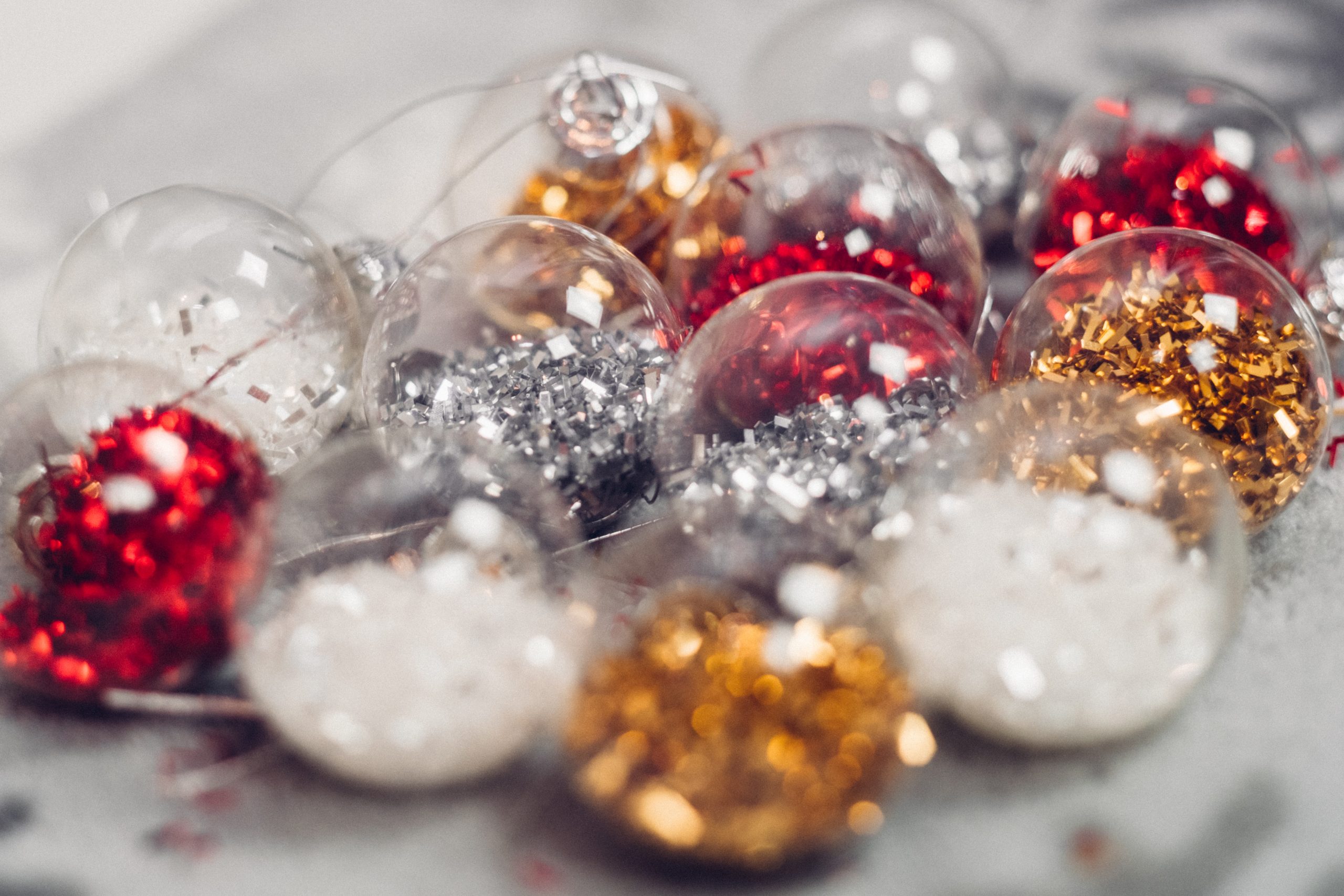
Sauerkraut juice
Before you turn your nose up, hear me out. Sauerkraut juice combines cabbage (one of the healthiest foods) with the time-honoured fermentation method (one of the most health beneficial food prep methods). And while it may not be the most delicious of souvenirs, Germans swear by it as a digestive aid and a remedy for an upset stomach. At least you know it will be a unique German gift from your travels.
Contrary to popular belief, Sauerkraut or fermented cabbage did not originate in Germany, though it’s been a staple in the German diet since the 1600s. High in vitamin C and low in calories, Germany’s newest trendy beverage has experienced a culinary revival in recent years, earning itself a superfood status. It’s popular, so you’ll find it in most health shops or large grocery stores throughout the country.
Feuerzangenbowle Set
Feuerzangenbowle is a traditional German punch that combines mulled wine with equal parts of theatre and flavour so it makes for a beautiful German Christmas gift too. These festive “fire-tong punches” are prepared in a bowl, similar to a fondue set, which is suspended over a small burner. The drink gets its name from the fire tongs used to hold the flaming, rum-soaked Sugarloaf, that drips into a steaming cup of mulled wine. This crowd-pleasing punch is guaranteed to impress your party guests over the holidays. And luckily, Feuerzangenbowle fondue sets are readily available at Christmas stores and markets throughout the country.
Dirndl and/or Lederhosen
Once upon a time, only the proudest Bavarians would don traditional Bavarian wear (also known as “Tracht”). Yet, in recent years the tradition of wearing leather pants known as lederhosen, and charming Bavarian dresses known as dirndl, has experienced a sort of modern-day revival. If you are planning to celebrate Munich’s Oktoberfest or one of Bavaria’s other beer fests, you’ll fit right in wearing one of these. The upper part of the Dirndl is made up of a blouse and bodice, and the bottom a skirt and apron. Lederhosen are typically worn with a classic white shirt and an alpine felt hat. Trachten come in different styles and with varying price tags. You can pick up a dirndl costume for around 50-100 euros, or you can pay up to 500 euros for a high-quality, custom-made dress.
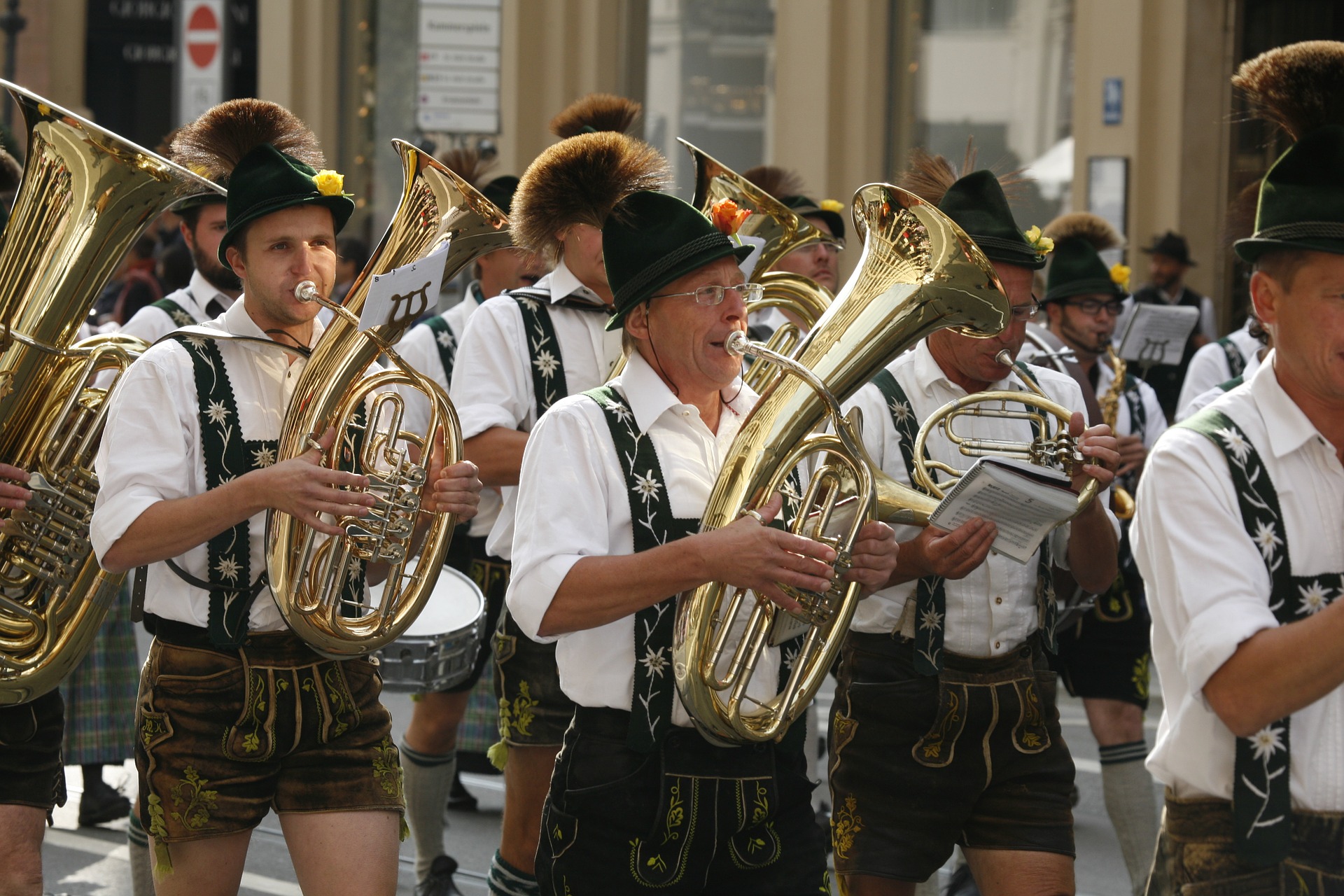
Ampelmännchen
You haven’t been to Berlin if you haven’t been to one of the city’s Ampelmänn stores and brought home a souvenir featuring the friendly figures wearing the trademark bowler hat. Designed by traffic psychologist, Karl Peglau, in East Berlin, the iconic traffic characters reached cult status after the fall of the Wall. The green and red “Ampelmännchen” figures are easily Berlin’s most recognizable symbols. You can take one of these little fellas home with you in the form of a key-ring, coffee cup, t-shirt or vase – you name it, he’s on it.
Beer steins
While beer steins are not the most practical of souvenirs, they have become symbolic of Germany’s Bavarian culture. The history of the stein goes back to the 14th century when the bubonic plague spread throughout Europe. Laws were put in place that required food and drink containers to be covered, in order to reduce the spread of disease.
Usually made out of stoneware, glass, porcelain, pewter or silver, and decorated with renaissance designs and motifs, this rustic drinking vessel is still found on tavern tables around the country. It’s also become a desirable collector’s item amongst locals and tourists alike.
So, where can you purchase stein in Germany? Seemingly every airport, gift shop, and street vendor feature a stein or two, but for a more authentic purchase head to one of the country’s traditional beer halls. The Munich Hofbrauhaus is, without doubt, the most famous beer hall all over the world and a great place to start your search for a stein. Prost!
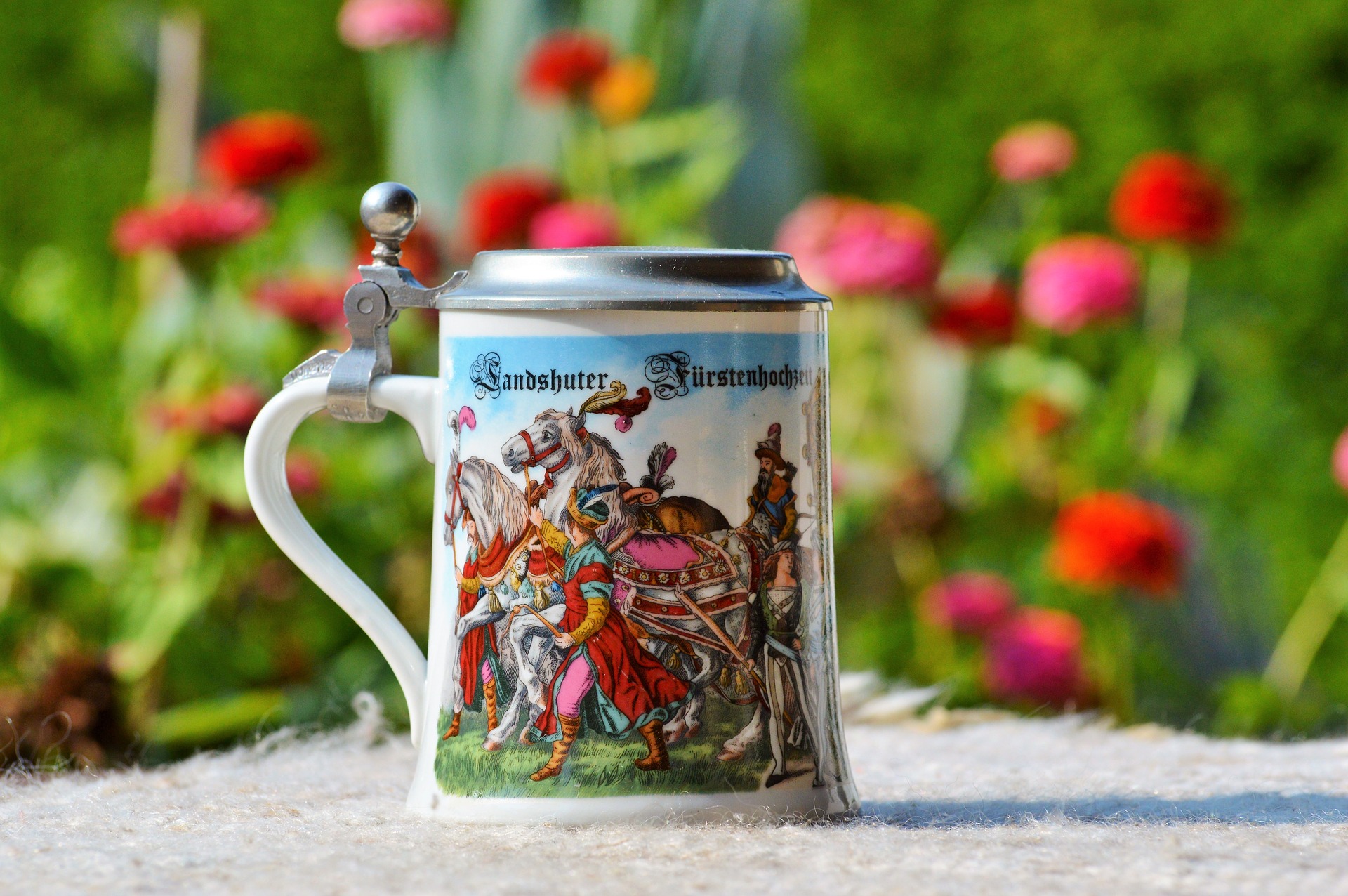
Chocolate
German chocolate ranks with Swiss and Belgian chocolate as the finest in the world. In fact, Germany is a nation of chocoholics, with the second highest annual chocolate consumption in the world (just slightly behind Switzerland). Cologne is often regarded as the chocolate capital of Germany and is home to the Stollwerck Chocolate Company and the legendary Chocolate Museum.
If you’re in Berlin, Fassbender & Rausch Chocolatiers at the Gendarmenmarkt is considered one of the city’s oldest chocolate shops and has more than 200 different varieties at the Rausch chocolate house. By the time you’ve finished marvelling at the craftsmanship of the amazing chocolate showstoppers – including the Brandenburg Gate, Berlin TV tower and the Titanic – you will find it impossible to leave the store empty-handed. Chocolate hearts, chocolate sticks, wafer-thin chocolate, dark chocolate and nutty chocolate are all on the menu here.
If you’re intimidated by the artisanal options, opt for brands like Milka or Kinder which are widely available at supermarkets.
German Gummy Bears
If chocolate isn’t your thing, don’t worry. There are plenty of chocolate-free treats for you, too, including the iconic “dancing” gummy bears. German entrepreneur, Hans Riegel invented gummy bears way back in the ‘20s when he started his candy company, Haribo. Today, these baby bears are consumed in mass all around the world.
Just a 30-minute drive from Cologne Chocolate Museum is Bonn’s Haribo factory outlet where aisle after aisle is stocked with colourful treats for you to buy. Other outlets can be found in Solingen, Neuss, Wilkau-Hasslau and Montabaur.
Cuckoo Clocks
Although commonly attributed to Switzerland, the Cuckoo clock hails from the Black Forest region – a forested area in the southwest corner of the country – and is among Germany’s most coveted souvenirs. Cuckoo clocks range in style and quality but the basic design has remained largely unchanged for the last 300 years with intricate designs featuring wild animals, hunting scenes or family gatherings. Most notably, the clocks come equipped with a “cuckoo” call. Often spotted at the fancy end of a German Christmas market, these authentic timepieces are worth their price tag.
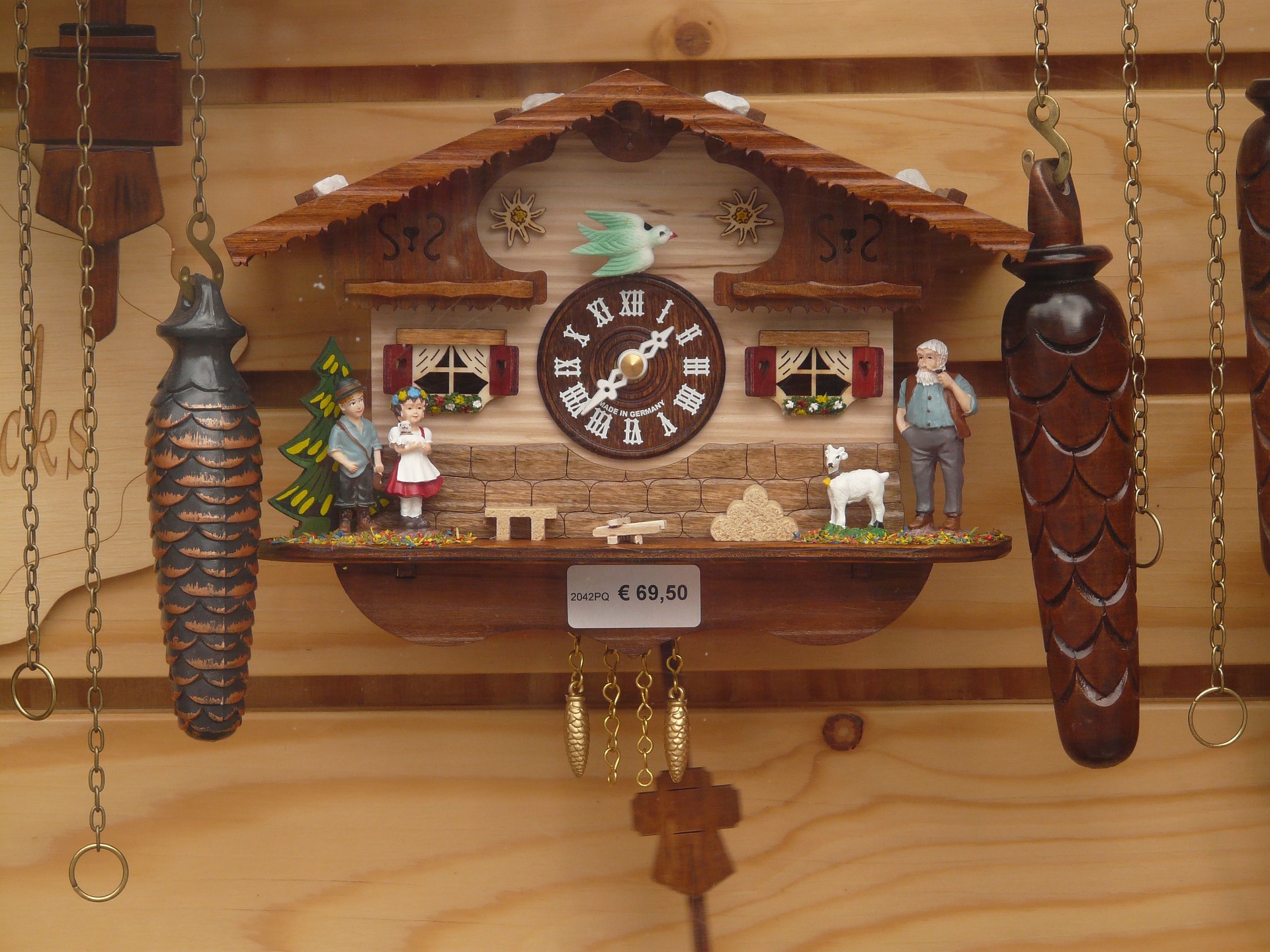
German kitchen tools and utensils
German cuisine is all about technique. And if you’re planning on re-creating your favourite holiday dish, there are a few gadgets that can help bring a bit of Ordnung to your kitchen. While you may think that kitchen utensils are created equal around the globe, the “made in Germany” tag is synonymous of product quality, and cookware is no exception. German knives have the edge thanks to top-quality cutting devices, while German steel is used to produce everything from cookware to utensils pots – perfect for anyone hoping to elevate their cooking game.
Wooden Toys for Children
Though modern toys seem fancier, wooden toys are timeless classics that never lose their charm (or run out of batteries!). And if you’re thinking of swapping out your synthetic toys for a sturdier version, Germany is the place to stock up. Authentic German-made products have an indisputable reputation for quality. The country’s craftsmen have worked hard to preserve the centuries-old techniques of wooden toy making and continue to pass down the tradition to the next generation. Many of Germany’s traditional handcrafted wooden toys are produced in the Saxony region – home to more than 100 toy workshops and manufacturers. But if Saxony is out of reach, you can also find beautiful, handmade wooden toys in many toy stores across the country.
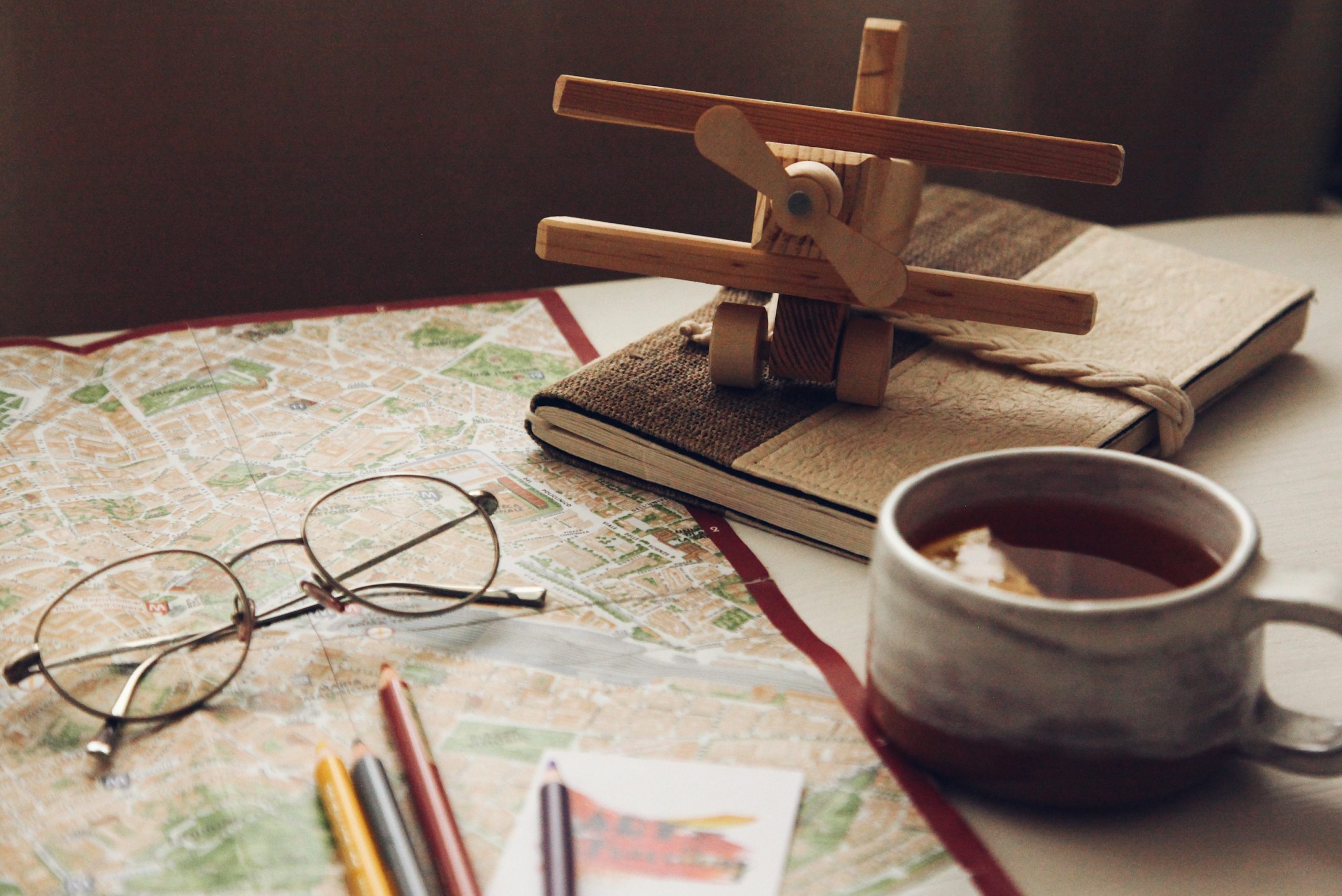
Seasonal Tablecloths
Bring the festive German spirit home to your dining table with a Christmas tablecloth, embroidered with stars, candles or other merry motifs. If it’s not just German Christmas gifts you are after, don’t worry, you’ll also find a huge choice of seasonal tablecloths including easter designs and summer linens – perfect for dressing up a patio table.
Egg liqueur
Eierliköer is German egg liqueur, which is similar in texture to eggnog, but so much tastier.
This creamy beverage is an easter and Christmas classic – made by combining egg yolks, spices, sugar and a dark spirit of your choice, like brandy or rum. Sold in supermarkets in Germany throughout the year, and a favourite at Christmas markets, Eierliköer can be served straight up or drizzled on homemade cakes custards and tortes. If you want to buy it off-season, you can find it any German supermarket also.
German Tea
We all know that Germans are famous for their Rieslings, beer, coffee and cake traditions. But what you may not know is that tea is serious business in Germany, especially in East Frisia, where the average person drinks around 300 litres each year. In fact, tea is so firmly rooted in East Frisian culture that during WWII the East Frisians were the only Germans afforded extra tea rations. Tea drinking remains a cultural practice in the region today, where local enthusiasts prefer loose teas over tea bags and will tell you that no matter what ails you – there’s a tea for that.
While East Frisia has its own local blend, you don’t need to be in the region to pick up the country’s most popular blends: Schwarztee (black tea) and Fruchtetee (fruit tea), which are all available in artisan tea stores around Germany.
German wine from Saxony
The secret is out. Germany isn’t just about beer. In fact, Saxony – Germany’s smallest wine region – has been producing wine along the banks of the Elbe River for over 850 years.
With only 500 acres of vineyards, the region produces just enough wine to satisfy locals and visitors, so finding them outside of Germany – or even outside of Saxony – is quite difficult. This makes visiting the region all the more rewarding. Riesling and Müller-Thurgau are both popular white grape varietals in Saxony, although young winegrowers are adding exciting new varieties each year.
German herbs and spices
Do you often find yourself craving the flavours of your last trip? Whether you’re interested in making your own signature mustard or you want to try your hand at Sauerbraten, there are a few spices you’ll need to achieve that authentic German flavour. Bay leaves, Bavarian spice mix, caraway seeds, dill, juniper berries and horseradish are all commonly used in German cuisine. Note down your favourite dishes throughout your trip and stock up on spices at the local market. Whatever your flavour, you can use your newfound spice collection to stir up memories and recreate the delicious tastes and aromas from your trip.
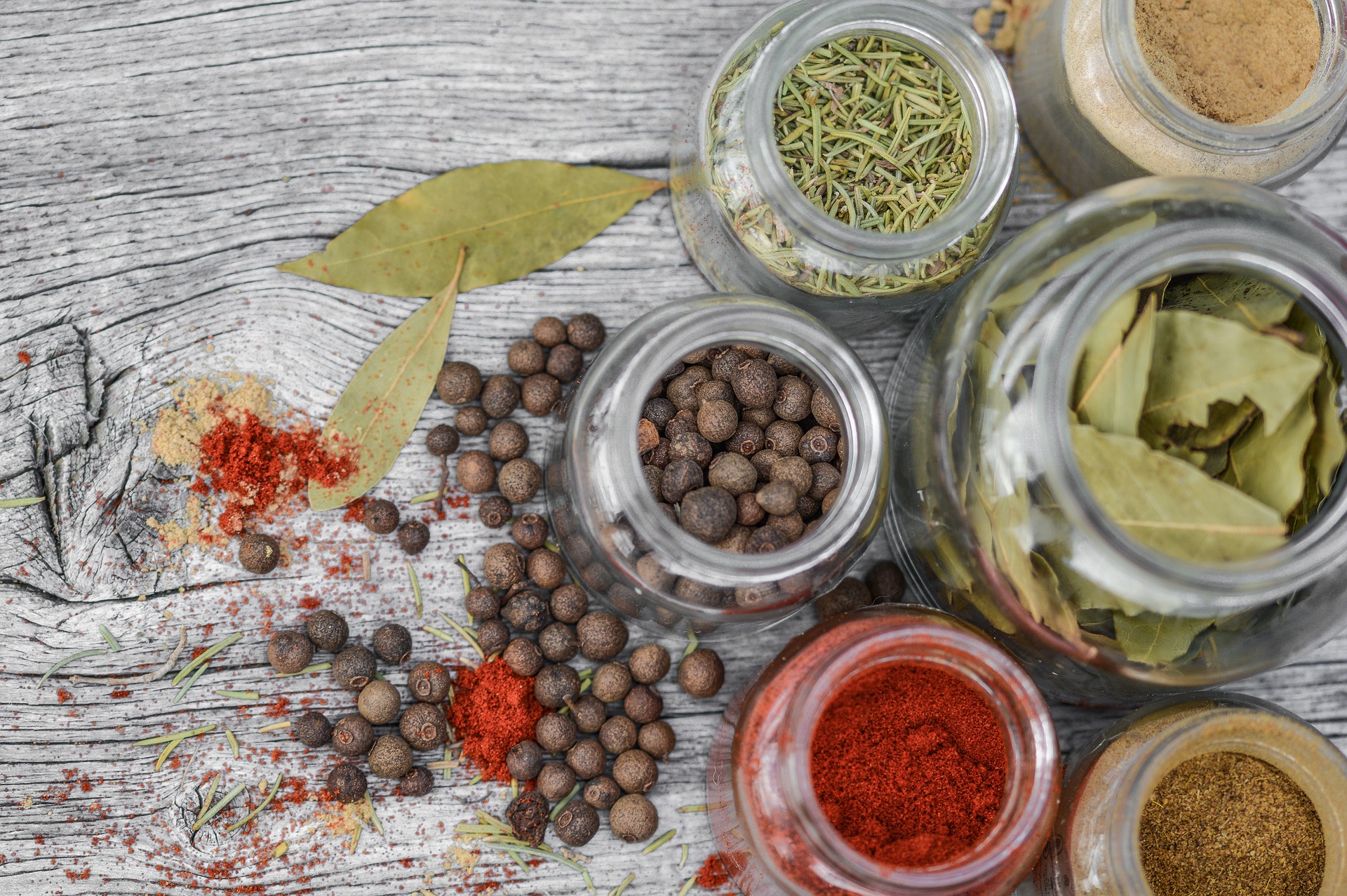
Birkenstock
Birkenstocks have become the innocent victims of many a sock related fashion faux-pas committed by dads the world over. But the comfortable cork sandals also continue to be popular amongst nature-loving, outdoor enthusiasts.
The Birkenstock brand dates back to 1774 when Johann Adam Birkenstock started his shoe production with the mission to promote bodily health through good footwear. By the 1960s, Birkenstock had established themselves as one of the leading sandal manufacturers in Europe, and are a perfect example of German craftsmanship. While you don’t need to be in Germany to get your hands on a pair, purchasing Birkenstocks from their country of origin will save you around 25 Euros. They’re widely available at almost every shoe retailer throughout the country.
Conclusion
You now know exactly what things to buy from Germany and what authentic souvenirs to bring back home with you. You can visit any German shop with confidence knowing what to purchase and from where. Bring back incredible memories and lovely gifts for yourself as well as your closed ones.
Did we miss anything? Or want to tell us about your shopping experiences in Germany? Let us know in the comments section below!

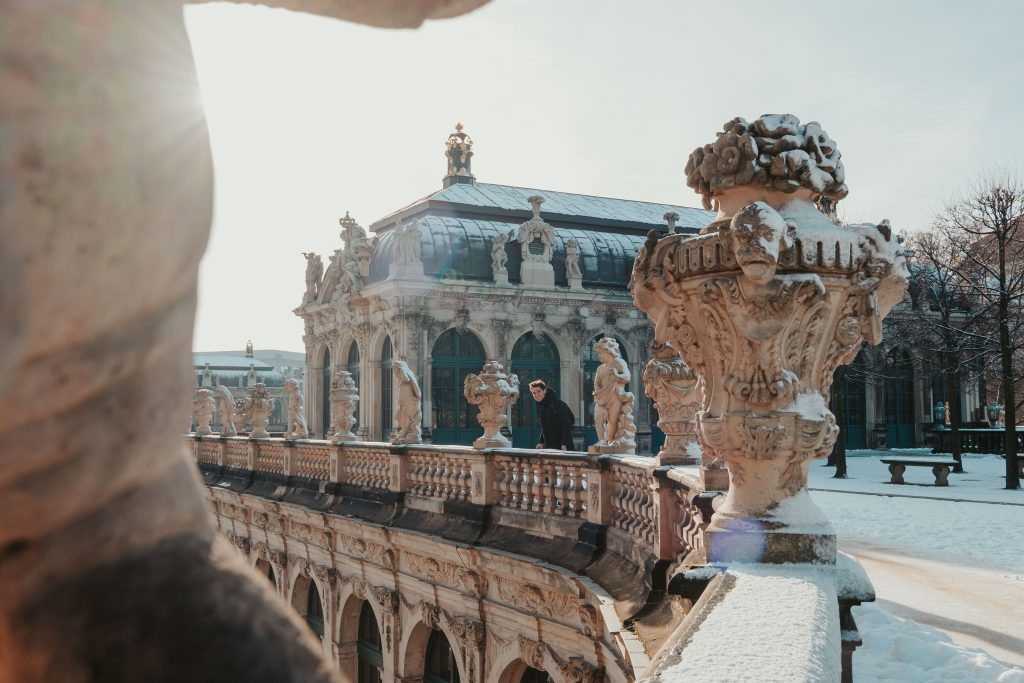
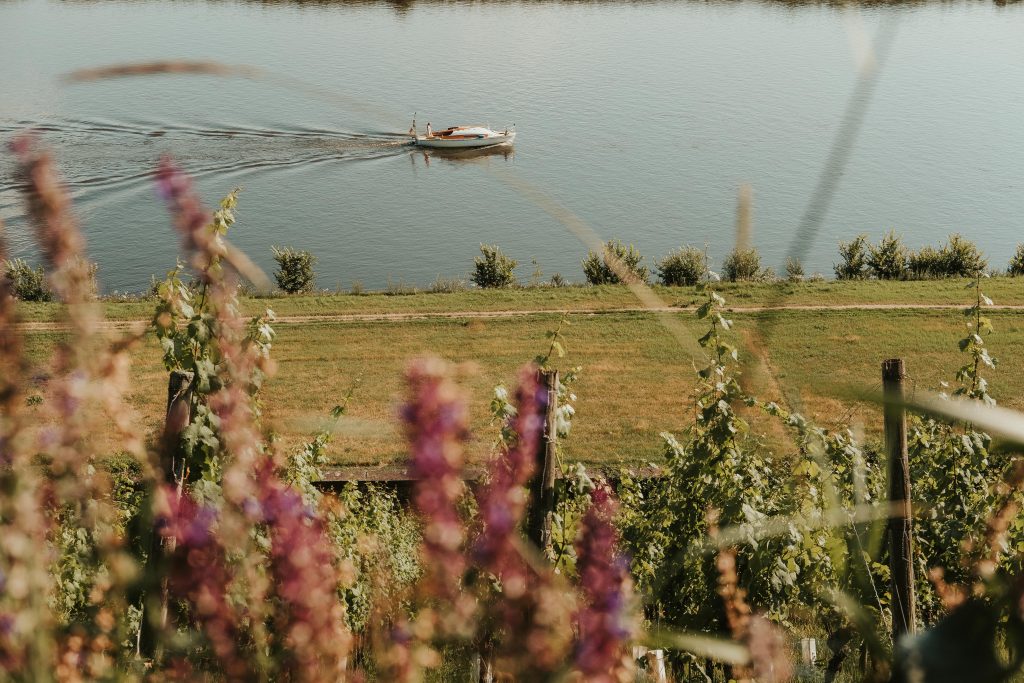
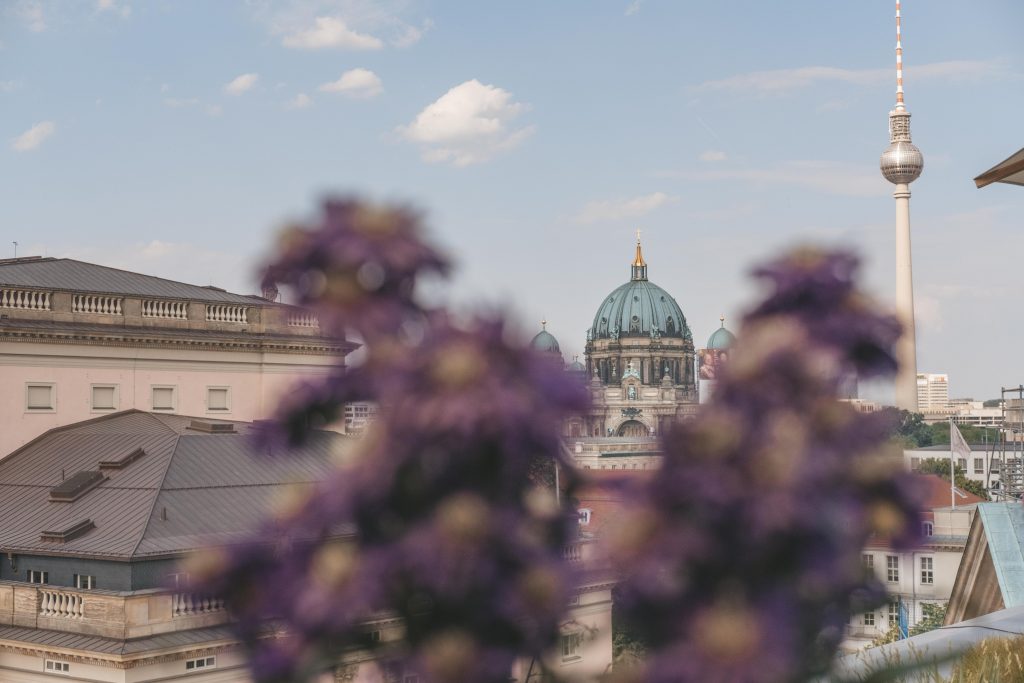
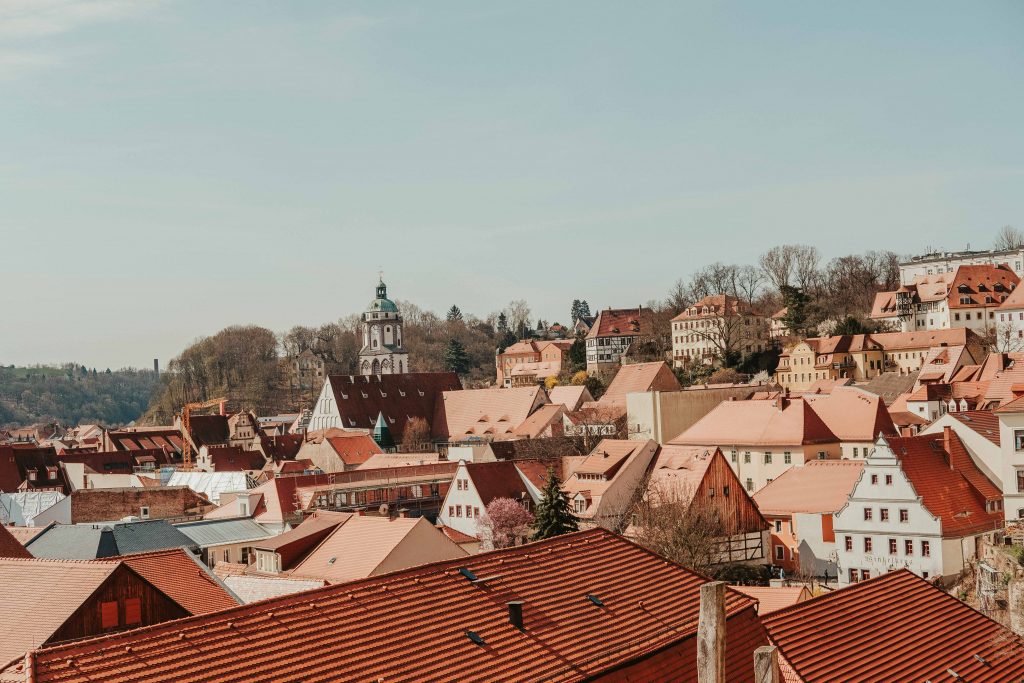
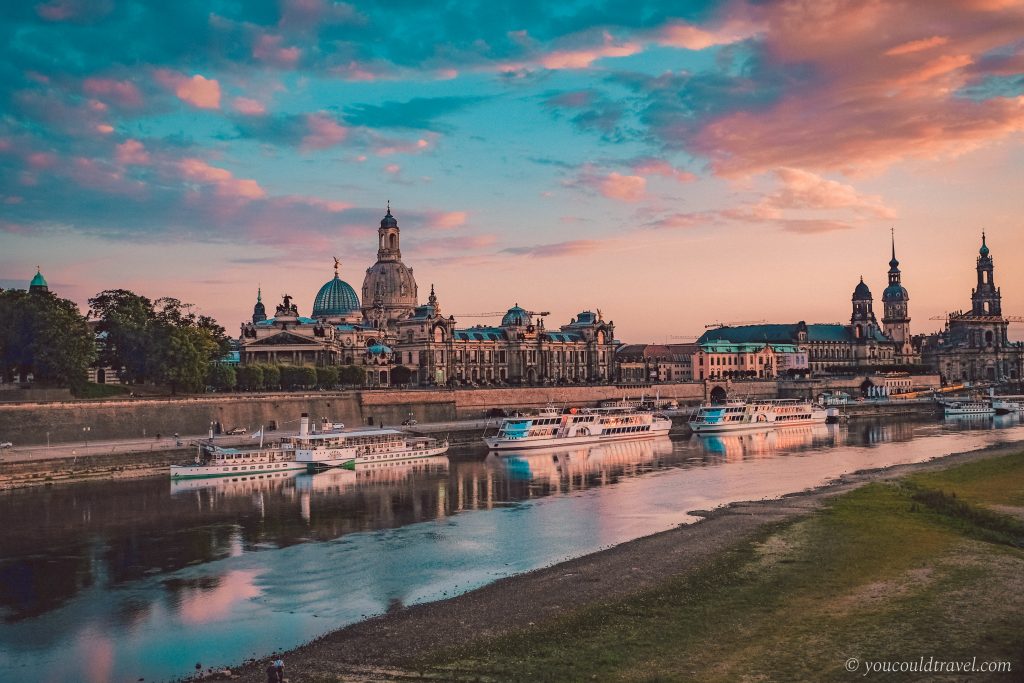
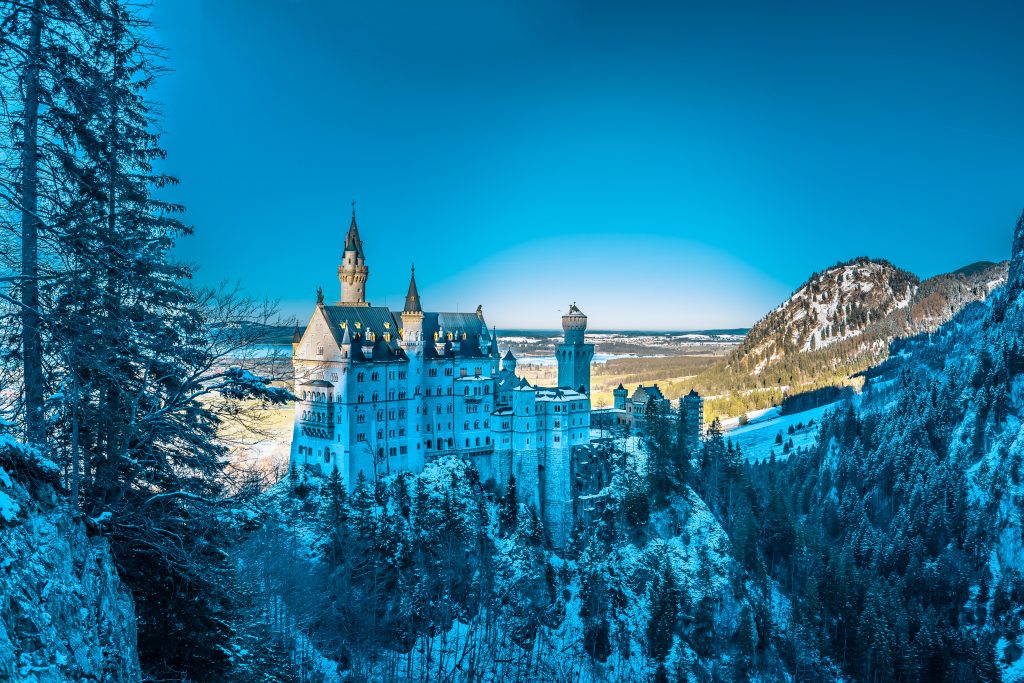
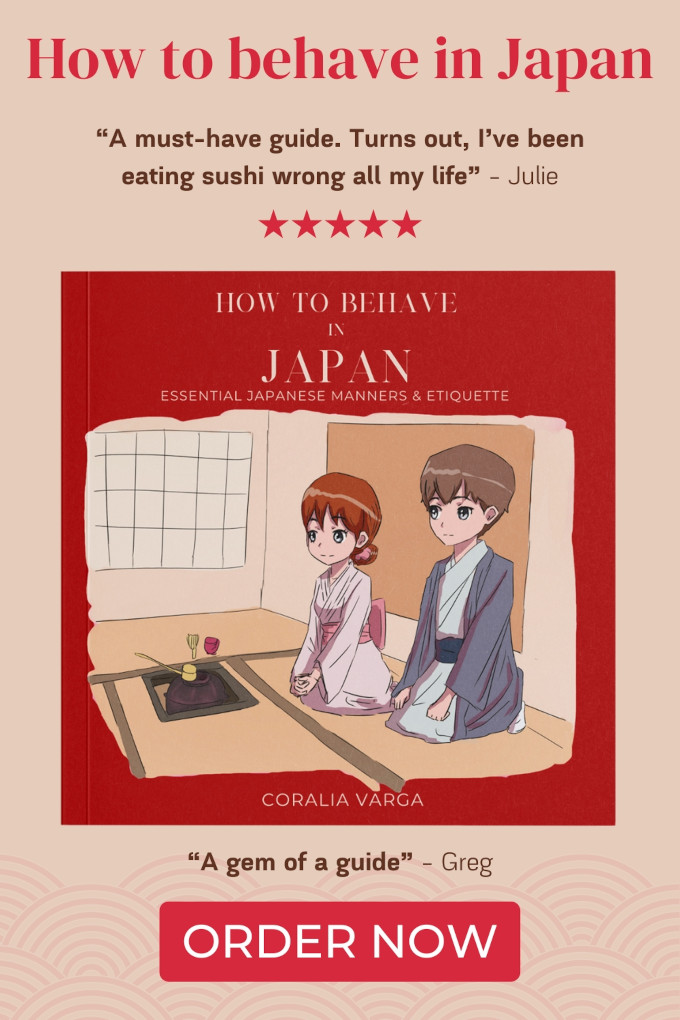

Leave a Reply